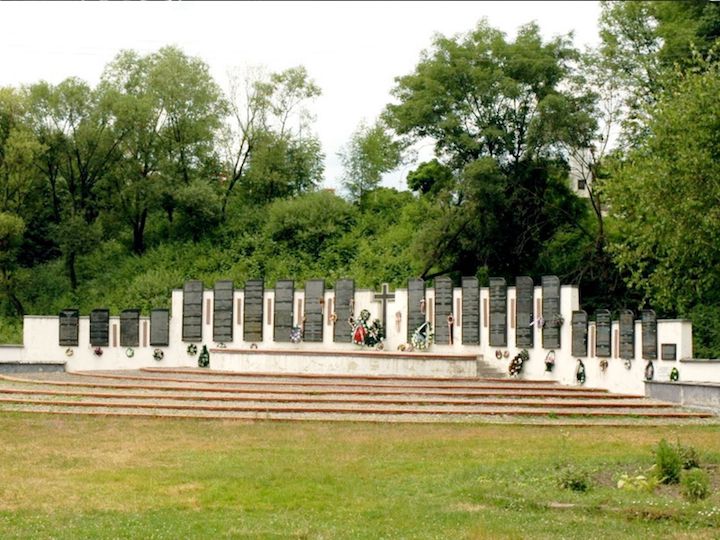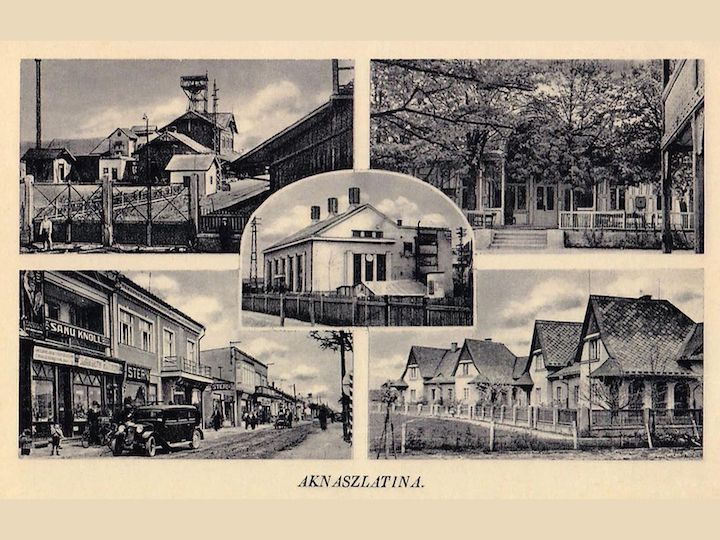
Szerencse fel! Sótörténetek az aknaszlatinai bányákból
Szent Borbála a bányászok védőszentje, így hagyományosan az ő napján, december 4-én van a bányászok ünnepe.
„Isten megmutatta hatalmát azáltal, hogy mind futásnak eredtek…” 580 évvel ezelőtt zajlott Hunyadi János hosszú, avagy téli hadjárata
Hunyadi Jánosról a hétköznapi embernek a török elleni harcok, a déli harangszó, a nándorfehérvári diadal jut eszébe, vagy éppen Mátyás király atyjaként jelenik meg a fejekben.
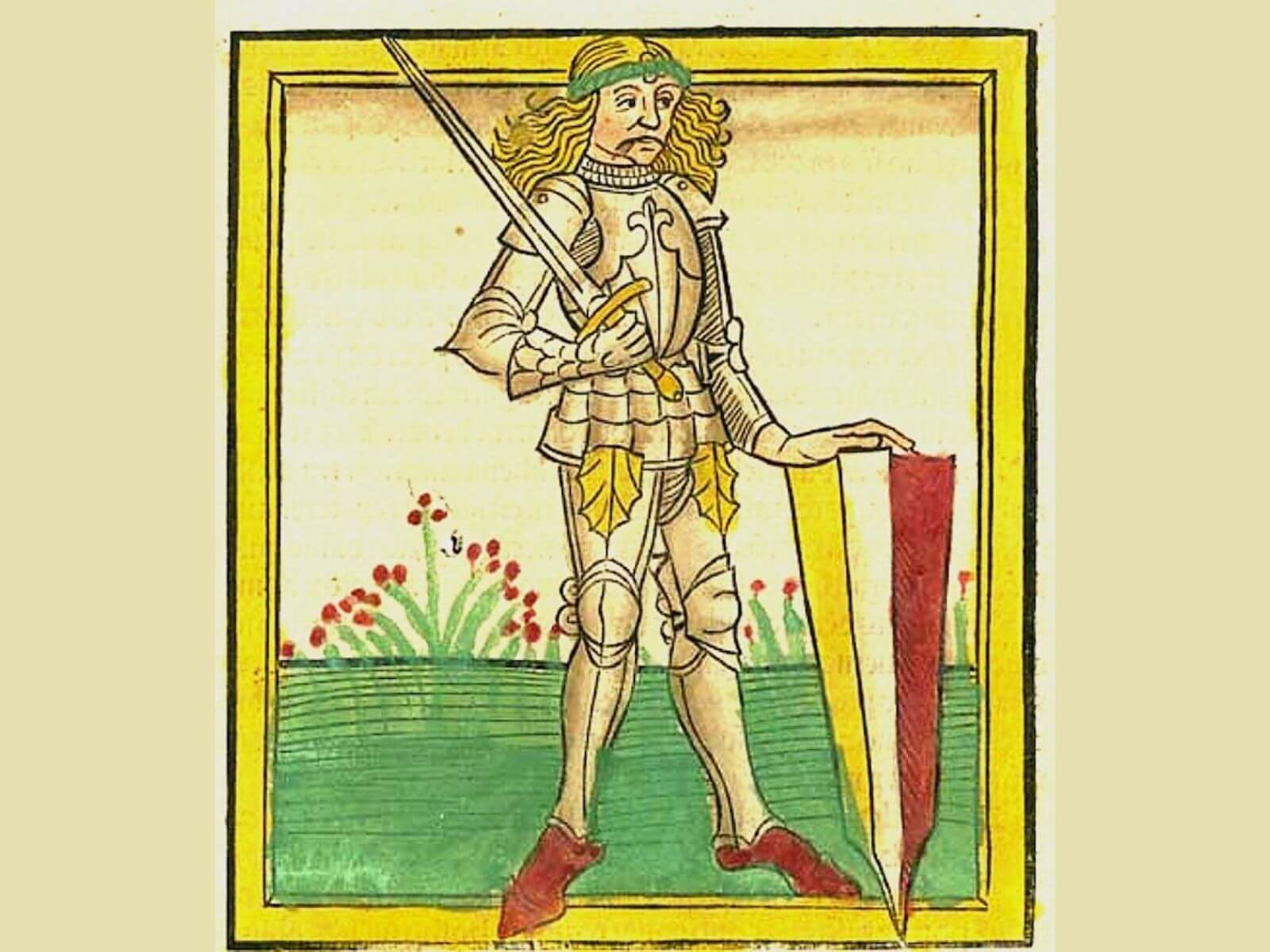
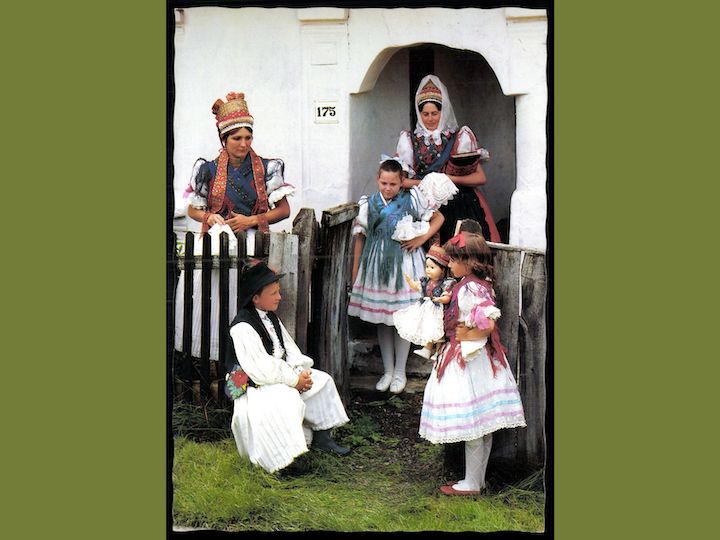
IV. Magyar nyelvjárások napi konferencia zárónapja a Magyarságkutató Intézetben
Lezajlott a IV. Magyar nyelvjárások napi konferencia második napja, ahol a nyelvjáráskutatás, a nyelvhasználati és attitűdvizsgálatok, valamint a közösségi identitásformák kérdései kerültek középpontba.
Lombard-karintiai főúr magyar püspöki székben: Thurn Antal Kázmér
A török uralom alól fölszabadított Magyar Királyság püspöki kinevezéseire hagyományosan úgy került sor, hogy miután a császár kikérte a Helytartótanács véleményét, kiválasztotta és kinevezte a jelöltjét, aki néhány hónap, esetleg egy egész esztendő múltán elnyerte a pápai jóváhagyást. Ha még szükséges volt, a püspökszentelésben is részesült.
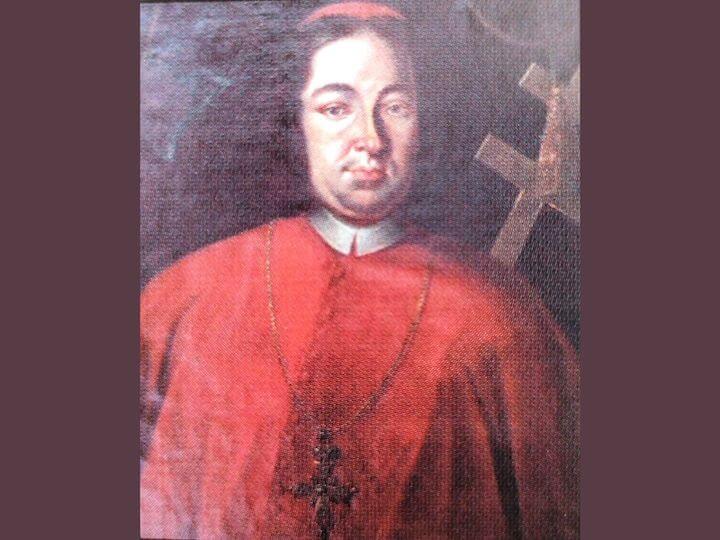
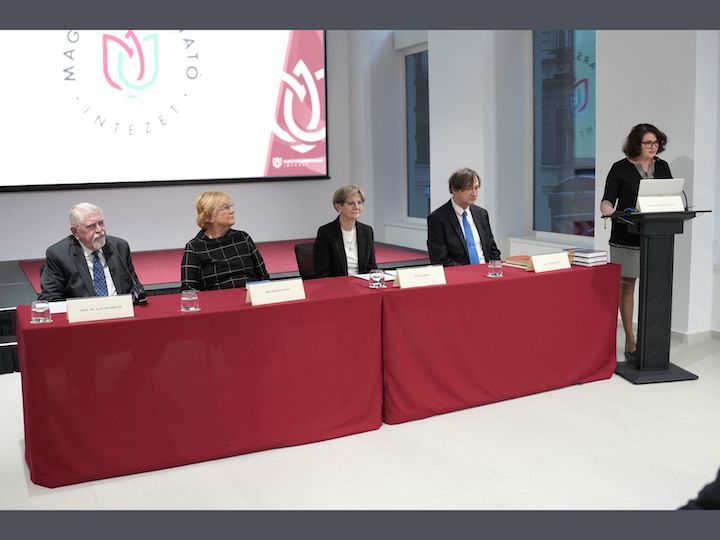
IV. Magyar nyelvjárások napja a Magyarságkutató Intézetben
A Magyarságkutató Intézet Magyar Nyelvtörténeti Kutatóközpontja IV. Magyar nyelvjárások napja - Nyelvjárásváltozatok és közösségi identitásformák címmel rendezett nemzetközi tudományos konferenciát az intézetben.
Lefegyverző fegyvertelenség 1204. november 30-án hunyt el Imre király
Imre király (1196–1204) nyolc esztendőt, hét hónapot és hat napot töltött Magyarország trónján apja, III. Béla 1196. április 23-án bekövetkezett halálától számolva. XII. századi elődeihez hasonlóan neki is rövid, de mozgalmas élet jutott osztályrészül.
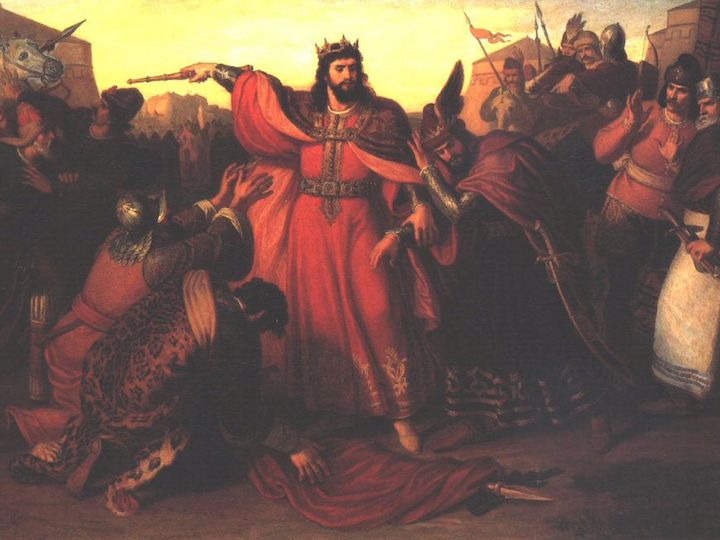
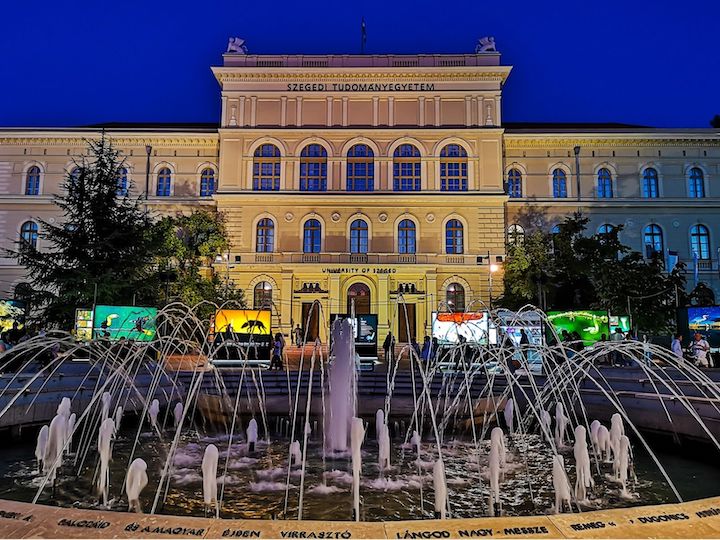
Munkatársaink a VI. Neolatin Konferencián
A Magyarságkutató Intézet négy munkatársa is előadást tartott a már hagyományosnak mondható Neolatin Konferencián. A gazdag tematikájú rendezvény a Szegedi Tudományegyetem Klasszika-filológia és Neolatin Tanszéke, valamint a HUN–REN BTK Irodalomtudományi Intézet Reneszánsz Osztálya közös szervezésében valósult meg az egyetemen.
Bethlen csapatai körülzárták Bécset
A harmincéves háború (1618–1648) ideje alatt Bethlen Gábor erdélyi fejedelem (1613–1629) három hadjáratot is indított a nyugatra koncentráló Habsburgok ellen. Első hadjárata 1619–1622 között zajlott, és ennek során 1619. november 27-én csapatai már eljutottak Bécsig, és körülzárták azt.
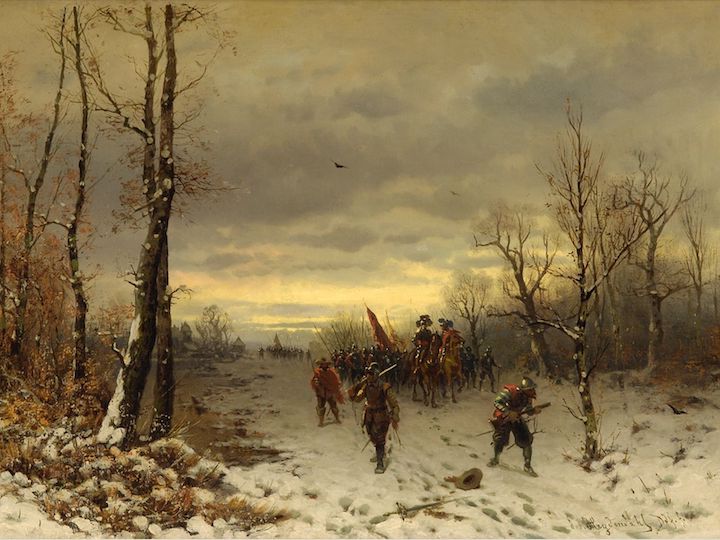
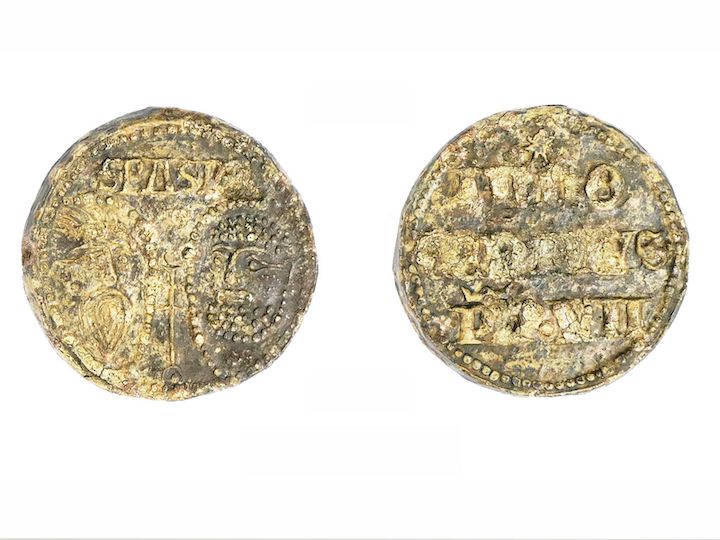
VII. Ince pápa (1404-1406) ólombullája Abasárról
Az abasári ásatások egyik különleges leletének számít a templom szentélyének kutatása során napvilágra került ólombulla.
Magas szögesdróttal körülszőve százszor
